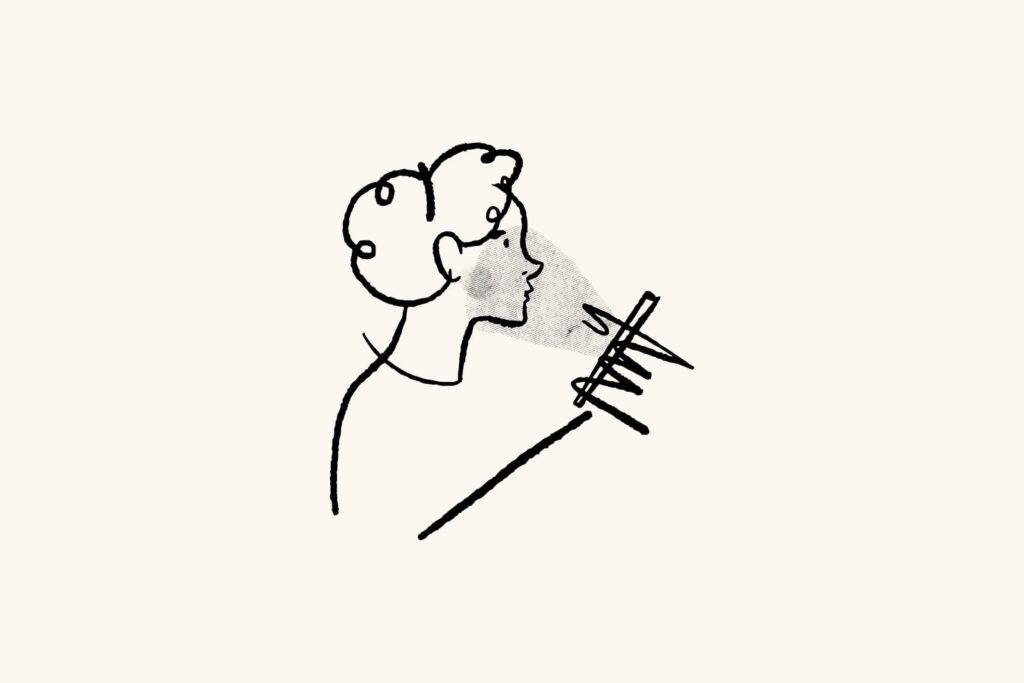A juice cleanse for your brain
I am an information junkie. I read too many business books, articles and tweets. I check the news too often, and I watch too many Ted Talks.
I recently finished a book (yes, I understand the irony) by Tim Ferris, called “The Four Hour Work Week.” The book came out in 2007—I am fashionably late as usual. The book was ahead of its time, so I’m fine with being 9 years late to the party. That aside, Ferris talks about the inundation of content in modern society. We have access to so much information, which allows us to fill our minds with ideas of others instead of thinking our own thoughts. The more time we spend reading and absorbing other people’s ideas, the further we are from our own originality.
Don’t worry, I’m not about to host a book burning party.
I will also never give up my obsession with pop-psychology, real psychology and non-fiction, but I do agree that taking in too many ideas can backfire. Very little, and some would argue none, of today’s published ideas are completely original. We all take inspiration from one another, but hopefully, we can communicate unoriginal ideas in original, new ways. We can see an idea from a different perspective or build on what has been done, yet this becomes increasingly difficult when we disappear down the rabbit hole of previously developed content.
I have written entire stories, only to realize at the end that I have essentially summarized the work of Seth Godin or Daniel Kahneman. And then it’s deleted. And once again, I am staring at a blank Word document, trying to find original ways to write unoriginal thoughts.
For one month, I am limiting my content consumption. It’s a content diet. I am hoping this goes better than a juice cleanse. Those seem awful.
Read less. Think more.




